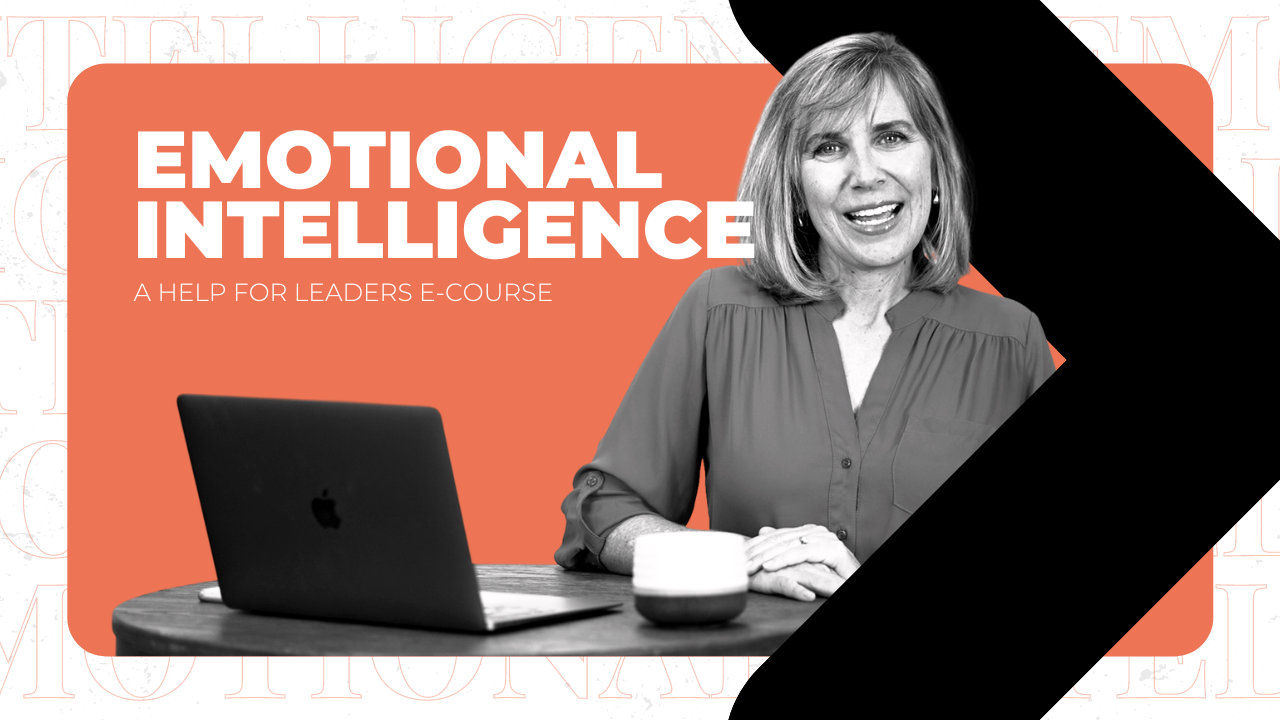Emotional Intelligence: Social Regulation

EQ social regulation skills are what separate a good leader from a great one!
Social regulation is the culmination of the other dimensions of emotional intelligence. People tend to be very effective at managing relationships when they can understand and control their own emotions and can empathize with the feelings of others. Even motivation contributes to social regulation. Remember that people who are driven to achieve tend to be optimistic, even in the face of setbacks or failure. When people are upbeat, their optimism is contagious.
These social regulation skills, which include influence, conflict management, teamwork, and the ability to inspire others, make it possible to build and maintain healthy relationships in all parts of your life.
People with strong social regulation skills can make an enormous difference on a team and in organizations because they understand others and act on this knowledge to move people toward a common goal.
Some important social regulation skills include active listening, verbal communication skills, nonverbal communication skills, leadership, and persuasiveness.
Some tips to increase your social regulation:
- Be aware of the message your body language is communicating, try to predict how you can respond positively to the interaction.
- Remember people’s names. Use memory techniques to help!
- After a negative interaction or misunderstanding, take accountability and find ways to make amends.
- Connect with people you have just met and find ways to continue to build rapport.
- Seek quality, rather than quantity, in your social bonds. Converse with others on a deeper level.


